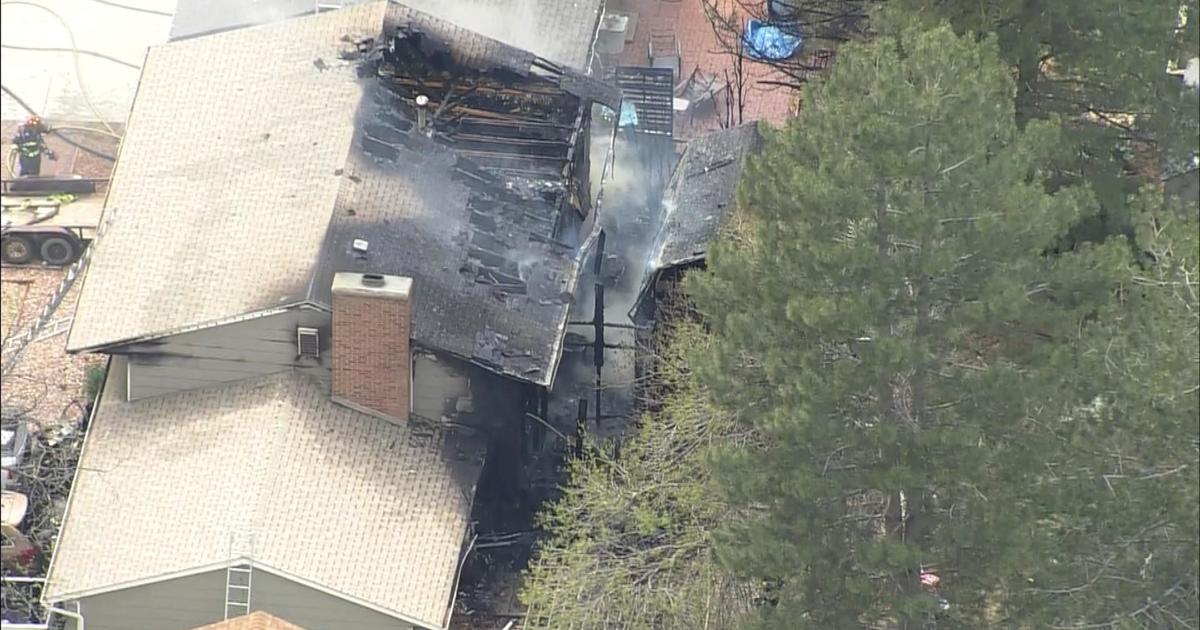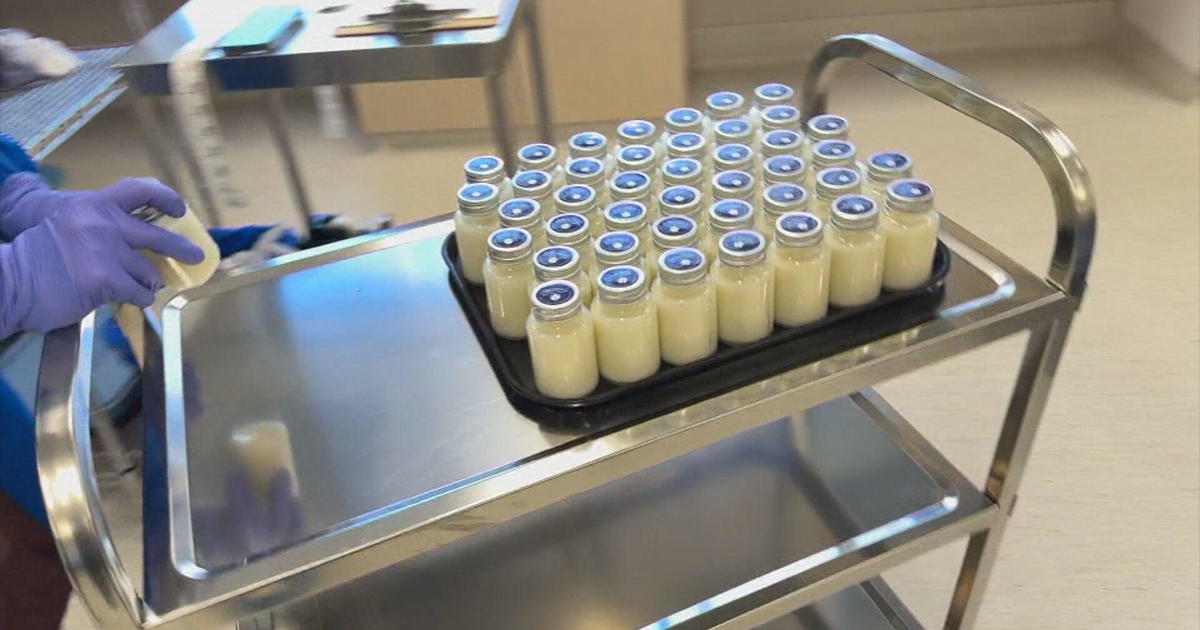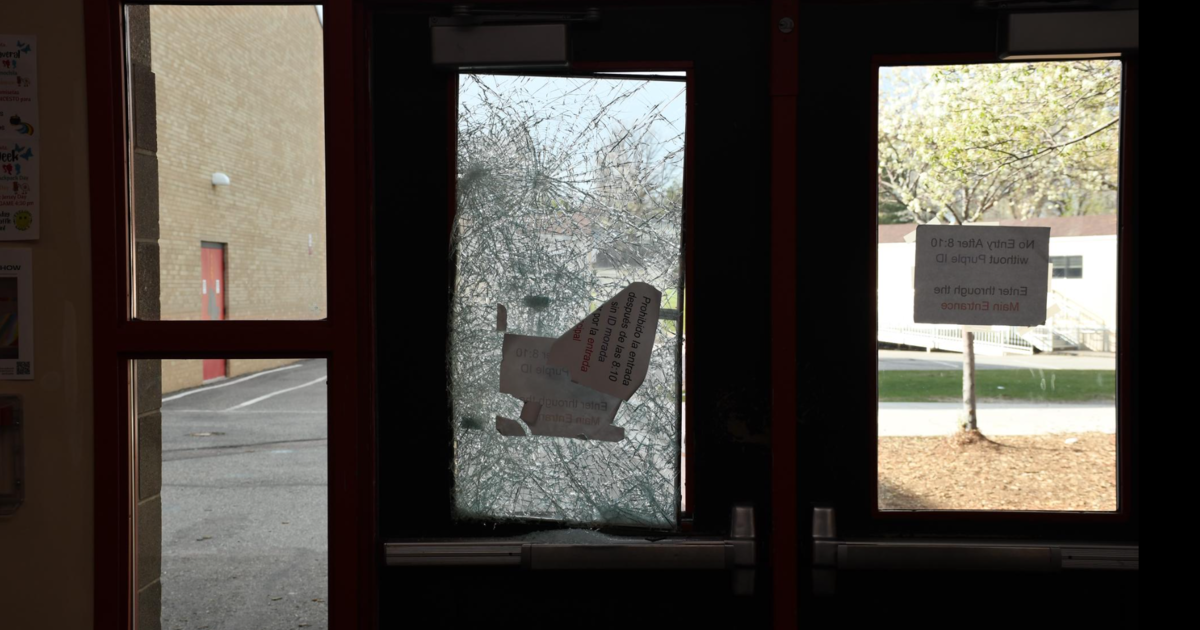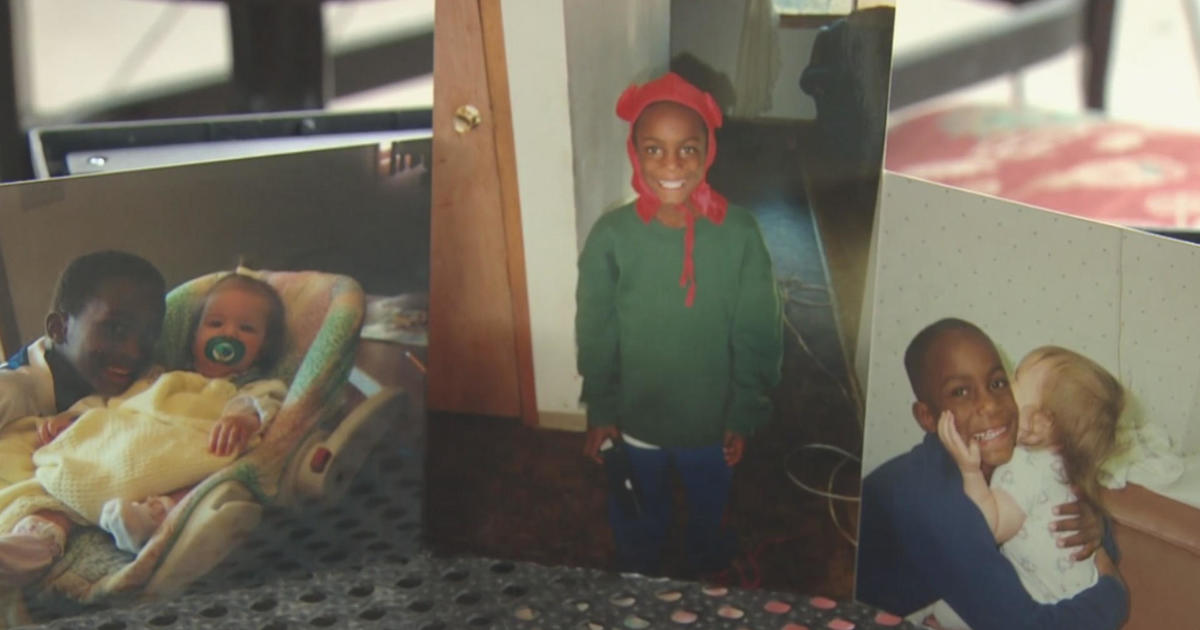Colorado Experts Offer Advice On Dealing With Aurora Tragedy
AURORA, Colo. (CBS4) - Following the shooting of dozens of people in a movie theater in Aurora, experts on coping with tragedy are offering plenty of resources to help.
The following is a list of grief resources that are available for Coloradans:
Aurora Mental Health Center: A private, nonprofit community mental health organization serving people with a wide range of mental health needs. They provide an array of mental health services to children, adults and families needing professional guidance. Call (303) 617-2300 or go to aumhc.org for more information.
Watch an interview on Sunday with Dr. Mara Kalin, a psychologist with Aurora Mental Health Center, in the video clip below.
Disaster Resource and Recovery Center: Starting at 9 a.m. Saturday, Aurora Mental Health, Red Cross, grief counseling and other resources will be available on site at Aurora Hinkley High School and Gateway High School or via a community hotline (303) 617-2300.
Mental Health America of Colorado: Mental Health America has developed guidelines to help Americans respond and cope with tragic events. The guidelines can be found at mentalhealthamerica.net. To learn more about MHAC go to mhacolorado.org.
Children's Hospital Colorado: Read a guide on how to talk to your kids about the tragic shooting in Aurora.
Denver Grief Counseling: The mission of Denver Grief Counseling and Front Range Counseling Center is to be a place of help, hope, and healing for those experiencing loss. Denver Grief Counseling is a division of Front Range Counseling Center and specializes in the treatment of grief and loss. For information call (303) 933-5800 or go to denvergriefcounseling.com.
Mental Health Center of Denver: The Mental Health Center of Denver is the community mental health provider for the City and County of Denver. For information call 303-504-7900 or go to mhcd.org.
Judi's House: Judi's House helps children and families who are grieving the death of a loved one find hope and healing within themselves. At Judi's House, children and teens ages 3-24 have the opportunity to participate in support groups with children their own age who have had similar experiences relating to death loss. Children and their adult caregivers are taught healthy coping mechanisms for dealing with the death of a loved one. They are given the freedom to grieve in their own way and at their own pace, and ultimately learn that hope and healing are possible. Call (720) 941-0331 or go to judishouse.org for information.
The Colorado Organization for Victim Assistance: COVA is committed to fairness and healing for crime victims, their families and communities through leadership, education, and advocacy. By operating in an inclusive and compassionate manner, COVA creates solutions and positive change. COVA's vision is to be recognized as a national leader in building a collaborative environment where crime victims are given the opportunity to heal and restore balance to their lives. For information go to coloradocrimevictims.org or call (303) 861-1160.
Heartlight Center Bereavement Education and Grief Support: HeartLight Center provides affordable grief support and education for adults in our community who are experiencing the pain and sorrow following the death of a loved one. Call (720) 748-9908 or go to heartlightcenter.org.
Theravive: A network of independent counselors and clinics throughout North America whose therapists provide counseling and resources to individuals, couples, and families while upholding strong values. Visit theravive.com.
Metro Crisis Services: Emergency mental health services serving the Denver metro area. Call (888) 885-1222 or go to metrocrisisservices.org.
Compassionate Friends: Self-help group for parents and others who have experienced the death of a child. Call the Aurora Chapter at (303) 281-8452 or visit compassionatefriends.org.
National Organization of Parents of Murdered Victims: Provides support and assistance to all survivors of homicide victims. Go to pomc.com.
The American Humane Association issued a series of tips for parents and other caregivers to help children cope with the fear and uncertainty caused by the tragedy:
- Keep an eye on children's emotional reactions. Talk to children -- and just as important -- listen to them. Encourage kids to express how they feel and ask if anything is worrying them.
- Regardless of age, reassure them frequently of their safety and security, and reinforce that you, local officials, and their communities are working to keep them safe. Older children may seem more capable, but can also be affected.
- Keep your descriptions to children simple and limit their exposure to graphic information. Keep to the basic facts that something bad happened but that they are safe. Use words they can understand and avoid technical details and terms such as "smoke grenades" and "sniper."
- Limit their access to television and radio news reports since young children may have trouble processing the enormity of the experience, and sometimes believe that each news report may be a new attack.
- Be prepared for children to ask if such violence can occur to them. Do not lie but repeat that it is very unlikely and that you are there to keep them safe.
- Watch for symptoms of stress, including clinginess, stomachaches, headaches, nightmares, trouble eating or sleeping, or changes in behavior.
- If you are concerned about the way your children are responding, consult your doctor, school counselor or local mental health professional.



